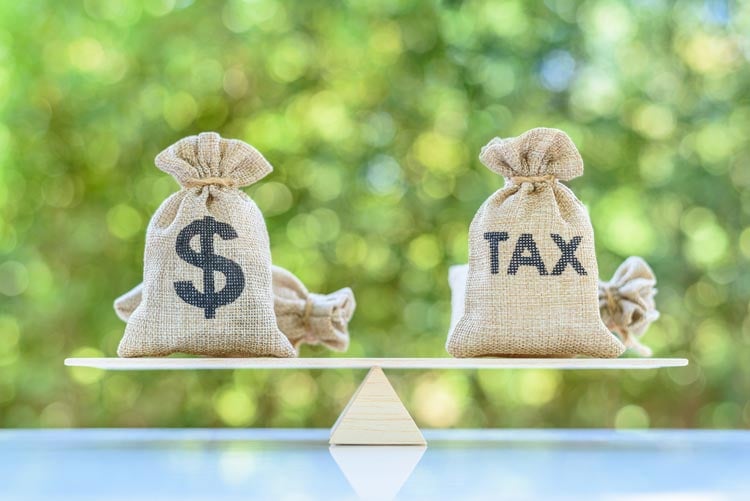
While depreciation is a great deduction for real estate investors, it isn’t free. Eventually, the IRS will have to be paid back, which happens when the property is sold. That’s where depreciation recapture comes in. Investors should be aware that depreciation recapture is always lurking and waiting for the sale date. By being aware of this tax and the rate used, investors won’t be surprised when this expense shows up in the sale.
What is Depreciation Recapture?
Real estate investors have the luxury of deducting depreciation annually. This is a noncash flow expense. Residential properties can be deducted over 27.5 years. Commercial properties can be deducted over 39 years. Land has no depreciation expense deduction.
When it comes time to sell the property, some of this depreciation must be returned. This is called depreciation recapture. It is a tax on the accumulated depreciation taken while owning an investment property.
What if an investor doesn't claim depreciation while owning the property? The IRS will assess a depreciation tax, whether it was claimed or not. Investors who did not claim depreciation can attempt to amend their return. Or they can file form 3115 if it is past three years of needing to claim recapture. It's best to speak with a tax specialist if you haven't claimed depreciation and want to do it retroactively.
Depreciation Recapture Tax Rate
Depreciation recapture rates are higher than long-term capital gains rates. Long-term capital gains rates top out at 20%. The depreciation recapture rate is a flat 25%.
However, for some investors, this is still lower than their ordinary income tax rate. You still get a benefit if you're in a 32% tax bracket since recapture is less than your tax rate.
Gains on the sale of a rental property are calculated as [sale - cost basis = gain]. Accumulated depreciation decreases the property's cost basis, increasing the overall gain when the property is sold, which can result in higher taxable gains.
Let’s look at an example of how depreciation recapture impacts taxes on gains. An investor has a total gain of $100,000 on the sale of property held for a year or more. Accumulated depreciation is $30,000. Their depreciation recapture tax is $30,000 x .25 = $7,500. Long-term capital gains rates are owed on the remaining $70,000.
The depreciation recapture tax can be deferred through a 1031 exchange. Investors doing a 1031 exchange don’t have to pay taxes on gains or depreciation recapture until the property is sold.
Depreciation recapture is not a complex topic. However, the exact depreciation recapture tax will depend on the type of depreciation method used (i.e., straight-line, declining balance, sum of the years' digits, units of product).
This material is for general information and educational purposes only. Information is based on data gathered from what we believe are reliable sources. It is not guaranteed as to accuracy, does not purport to be complete and is not intended to be used as a primary basis for investment decisions. It should also not be construed as advice meeting the particular investment needs of any investor.
Realized does not provide tax or legal advice. This material is not a substitute for seeking the advice of a qualified professional for your individual situation.
Hypothetical examples shown are for illustrative purposes only.



